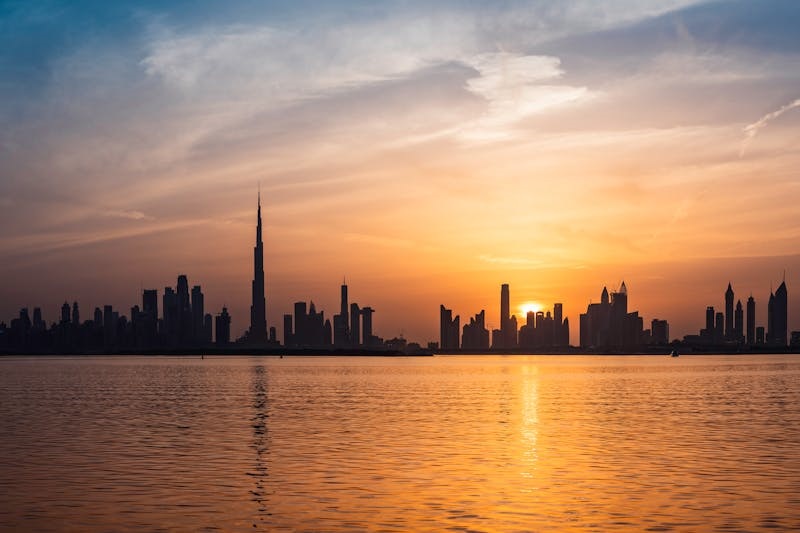New regulation introduced in the UAE this month could have a significant impact on the potential of free zone companies in the country, says Kirtee Gunness, manager at Ogier Global in Dubai.
A free zone is an area in each Emirate that allows full foreign ownership and competitive tax regimes, focusing on developing a specific industry with high-end infrastructure.
The latest change, announced by Sheikh Hamdan bin Mohammed, allows free zone companies to operate in mainland Dubai if they have obtained permits from the Dubai Department of Economy and Tourism (DET).
Companies must follow federal and local rules and need to keep separate financial records for activities outside the free zones. For operations beyond Dubai, they must obtain licences from relevant authorities.
This regulation is part of Dubai's ‘D33 agenda’. The agenda aims to double the economy to Dh32trn (US$8.71trn) in 10 years. It also aims to help 30 companies reach a value of more than US$1bn each.
The DET will issue licences for establishing branches or conducting specific activities in Dubai, which will be valid for one year and can be renewed. The DET will also provide a list of activities companies that can perform within six months. Companies under this regulation will face inspections.
In 2023 the Dubai economy grew by 3.1%, driven mainly by wholesale and retail trade, transport and financial services.
With this growth, Dubai remained the top city for greenfield foreign direct investment (FDI) for the fourth consecutive year. It attracted 1,117 investment projects worth over Dh52.3 billion, a 33.2% increase from the previous year.
The new regulation aims to make business operations simpler in Dubai. Before, companies could open mainland branches from free zones. However, there were restrictions, especially in trading physical goods.
This latest regulatory change is expected to improve business flexibility and growth – but understanding both local industry specifics and cultural differences remains crucial for those entering the market.










